The Cherry Orchard
Writing to his brother in 1889, Anton Chekhov advised: ‘Try to be original and as clever as possible in your play, but do not be afraid of appearing stupid. Freethinking is essential, but to be a freethinker one must not be afraid to write nonsense.’
I thought a lot about nonsense during the Melbourne Theatre Company’s new production of Chekhov’s The Cherry Orchard (1904). In this often tedious, sometimes cringe-making, but mostly tolerable production, it’s actually the few moments of utter nonsense – the odd touches that properly baffle – that stay in the mind and retain their fascination, even as the rest of the evening rapidly recedes.
Continue reading for only $10 per month. Subscribe and gain full access to Australian Book Review. Already a subscriber? Sign in. If you need assistance, feel free to contact us.




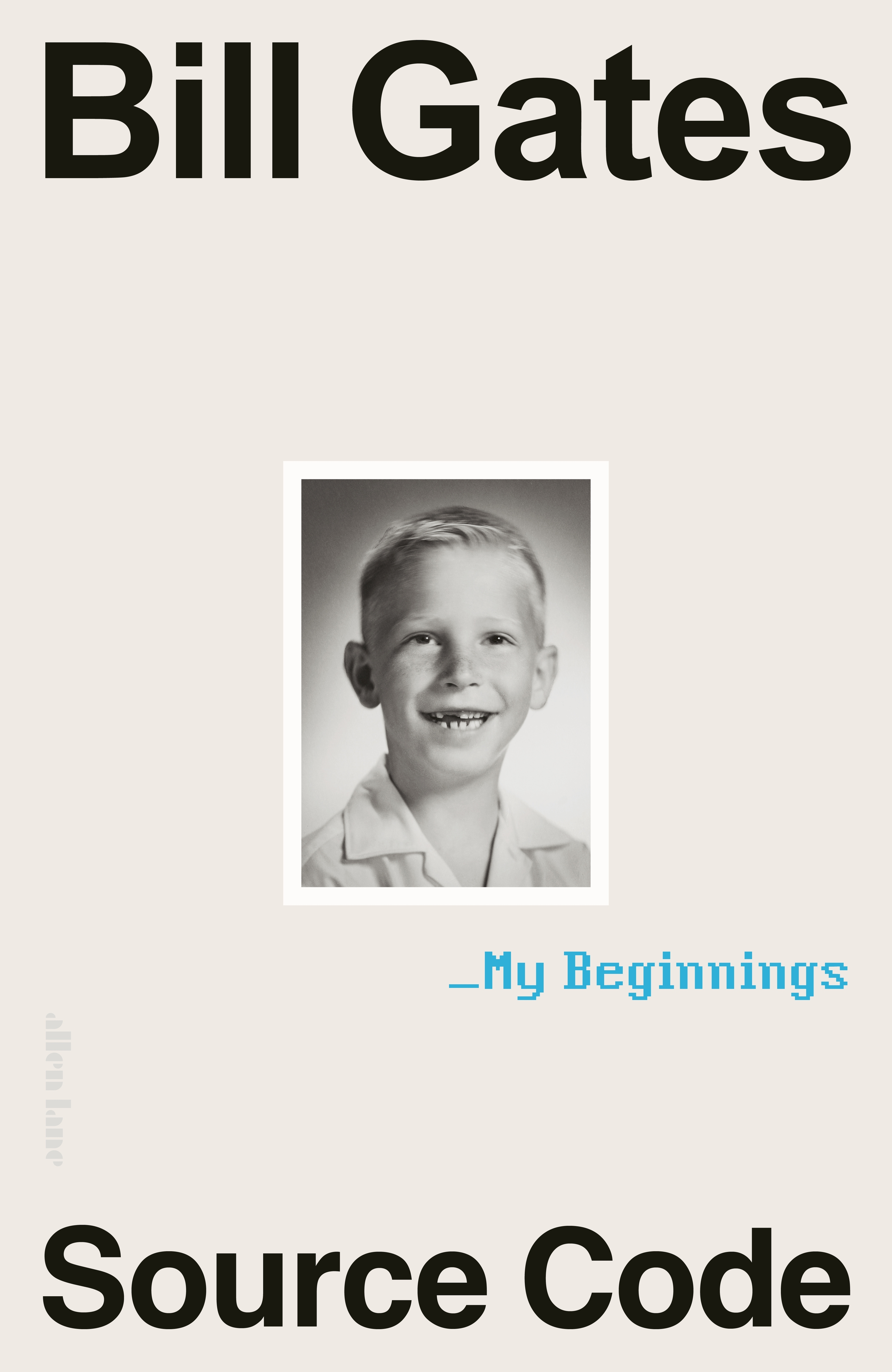
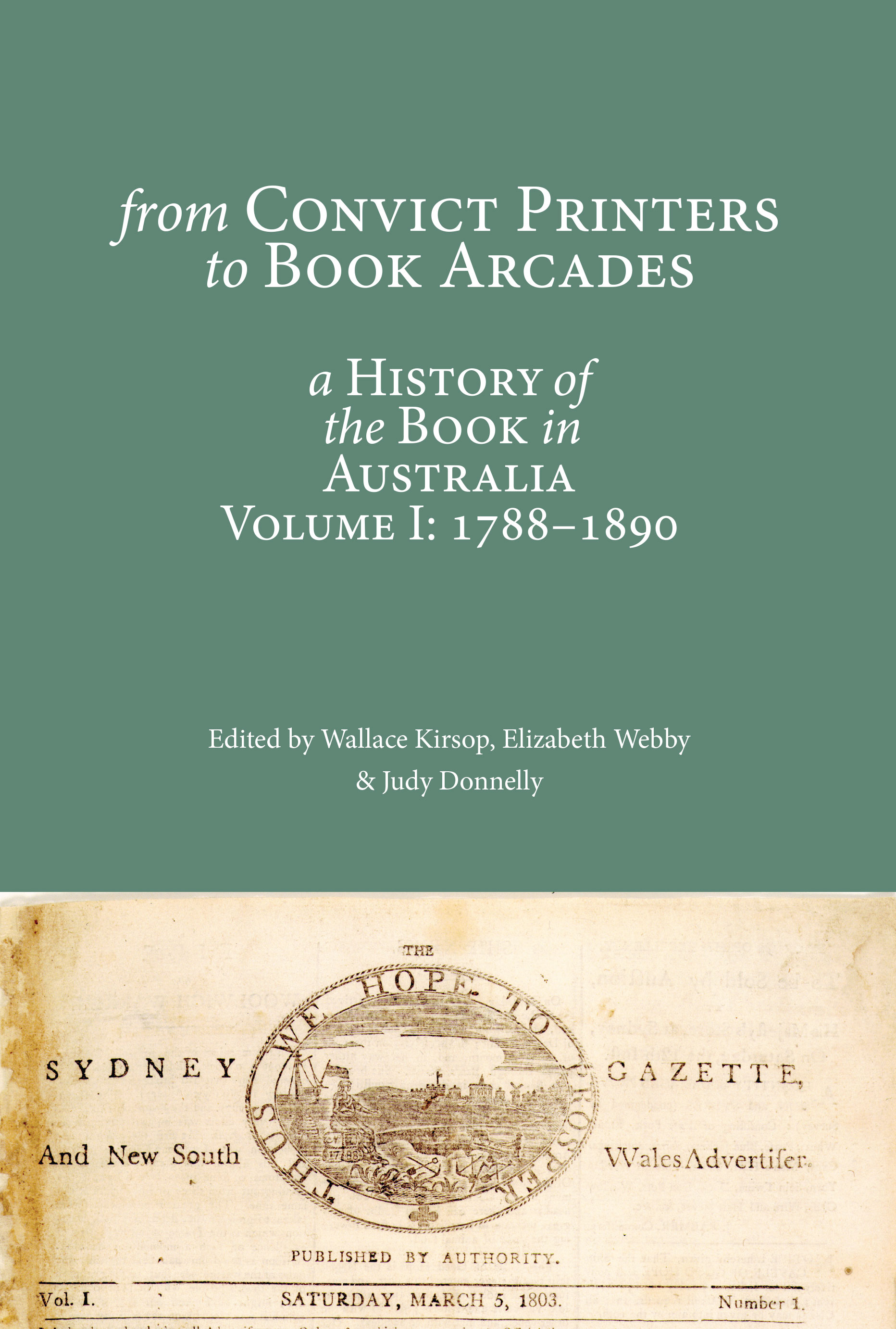
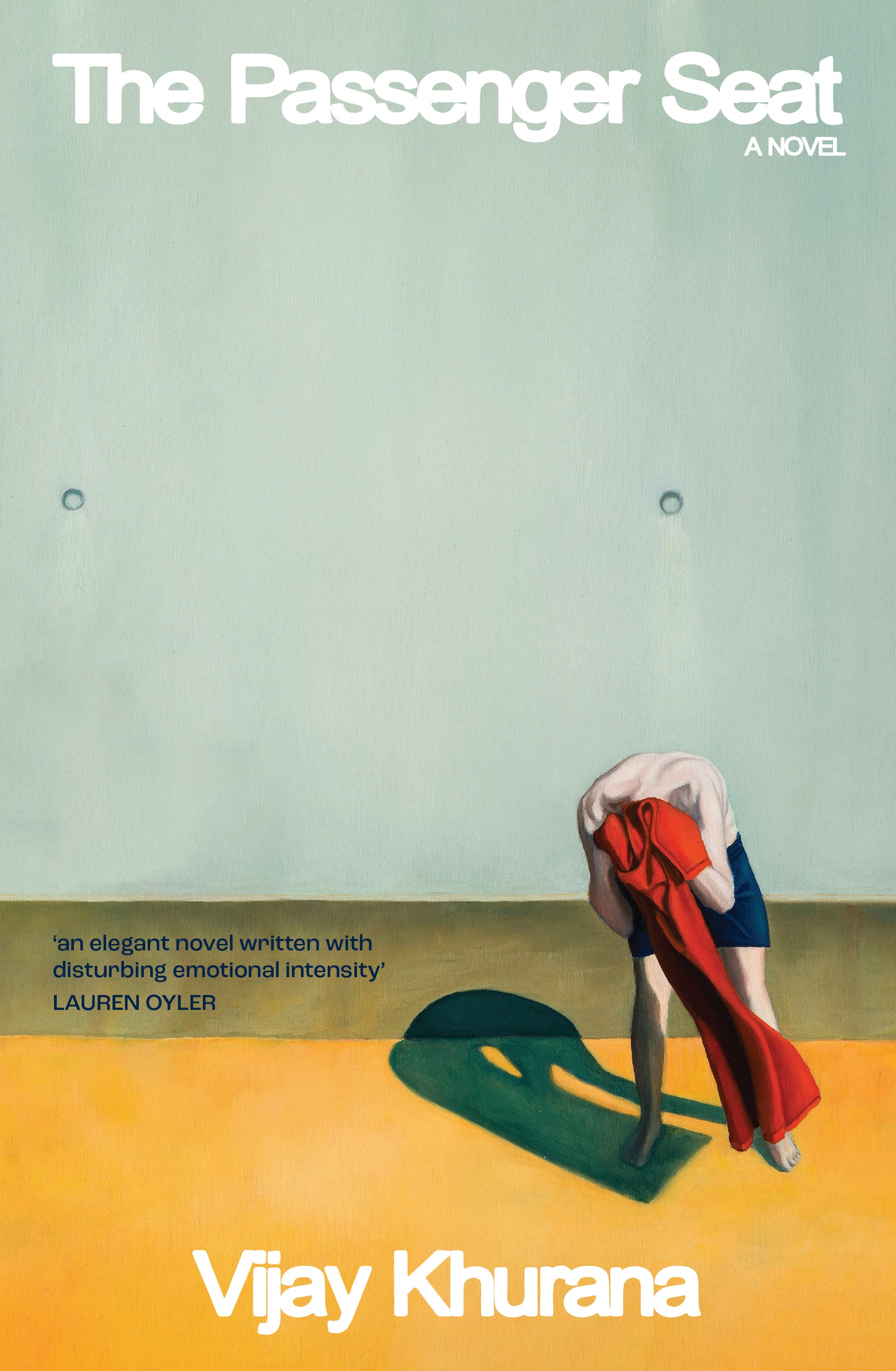
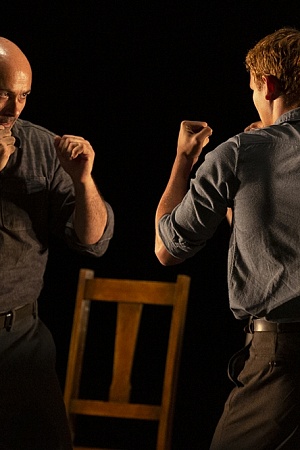
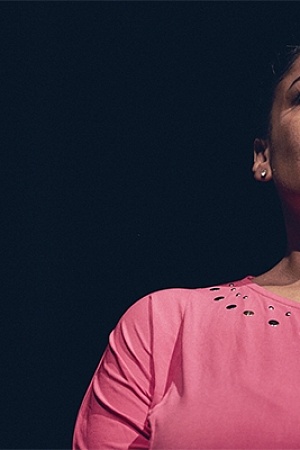
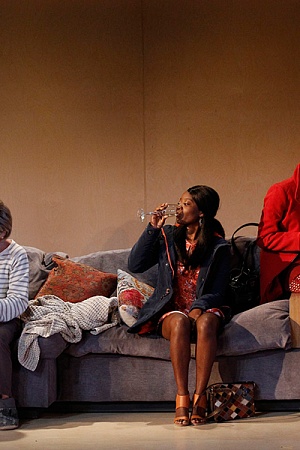
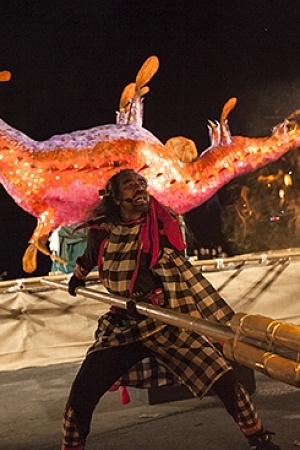




Leave a comment
If you are an ABR subscriber, you will need to sign in to post a comment.
If you have forgotten your sign in details, or if you receive an error message when trying to submit your comment, please email your comment (and the name of the article to which it relates) to ABR Comments. We will review your comment and, subject to approval, we will post it under your name.
Please note that all comments must be approved by ABR and comply with our Terms & Conditions.